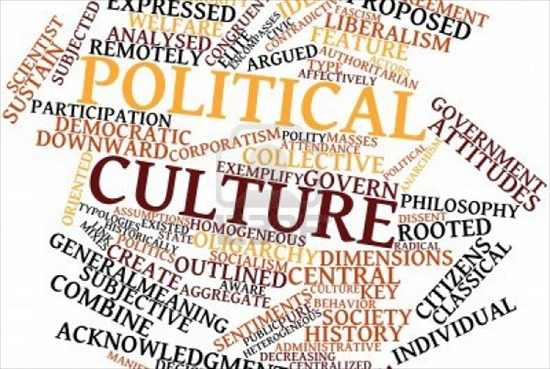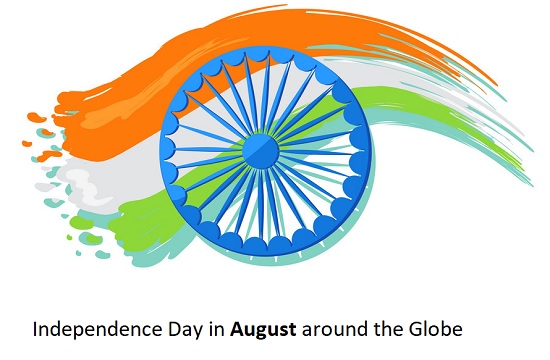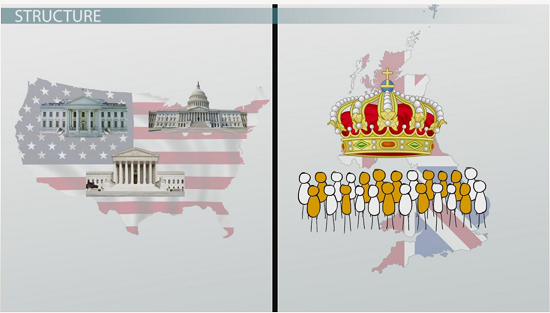Updated By: LatestGKGS Desk
Political Culture , Types of Political Culture

Political Culture, Traditional Political Culture Culture, And Modern Political Culture
Political culture refers to political psychology, values, and attitudes of the country/nation or a subgroups reaction towards their political leaders / political system, various political changes and public officials and their validity.
It is not affected by different groups of different ideologies, because such groups can also share the same political culture. People of the society share a common human nature, such as emotional drives, intellectual abilities, and moral perspectives and express themselves as some values, beliefs and emotional attitudes which get transmitted from one generation to another with lesser or greater changes/modifications and that defines the political situation in which political action takes place.
India has multiple political cultures due to a variety of traditions, tribalism, primordialism, religion influences, caste, traditions, and conventions, etc existing in different parts of it.
Types of Political Culture:-
Traditional Political Culture- Where the political system and the approach of people towards it are influenced by primordial characters and conventions/traditions.
Modern Political Culture- Where the political system and people's attitudes towards it are influenced by the constitution, the rule of law, Liberalism, Independent Judiciary, duly elected body of public bureaucracy as an efficient instrument to enforce the law.
There exists an amalgamation of both living in confrontation and cooperation in India. Like bureaucracy is there but it functions keeping in mind the conventions and traditions of the society. Reservation system in politics is based on caste and tribe division. And the constitution spells out the rest that consists of modern political culture.

